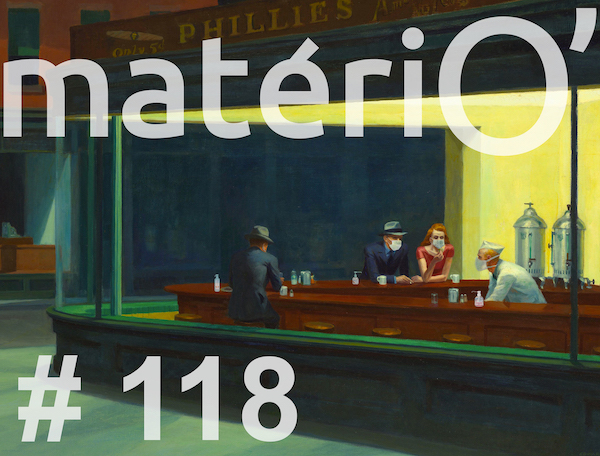Pareto Principle
Let's start with a little reminder of your high school math lessons, with a statistical law that I urge you to keep in mind, enlightening as it is during those troubled times. I am referring here to the Pareto principle, from the name of an obscure 19th century Italian economist who, based on simple empirical evidence, stated that 80% of the effects are the result of 20% of the causes. In other words, it only takes 20% of the effort needed in a project to achieve 80% of its goals, complete success then requiring a much greater investment. If it's still not clear, let's take the example of jam, jam is a great explainer, not just with Murphy's law and its sandwiches! If you carelessly spill a whole jar of jam on the ground, you will most likely not have much trouble recovering 80% of this molasses quickly with a simple spoon, but it will be much more difficult and long (if not impossible) to recover the entire amount of the pot, the famous 100%. But why the hell are we talking about Pareto, jam, spoons and statistics here? Don't you see?…
It's simple, just replace "spilled jam" with "COVID pandemy descending upon the world" (curious anyway, formulated like that). The spoon is the series of simple and not-so-restrictive policies such as systematic handwashing, or the keeping of a certain physical distance with one's fellow humans when it does not weigh too much on our mental and relational balance, or to keep in mind that we might very well be carrying jam (uh sorry, the virus) and that it is desirable to avoid sneezing in the face of our neighbor. But the current escalation of sanitary measures, ridiculous in terms of efficiency (roundabouts in building alleys, systematic masking up, quarantining mail for 24 hours, permanent cleaning of handles, ramps and various objects) are undoubtedly deleterious to our "human relationships".
We have seen dozens of baroque projects by designers during recent weeks to imagine the "next world", obviously still paranoid: elegant and branded protective visors, clever accessories to operate a door handle without touching it, fittings for restaurants where everyone is under a bubble, clothing that includes in its very conception a filter made of bactericidal nonwoven copper layer, the hood that serves as a protective screen, a sleeve hiding gloves to allow me to pick vegetables in a state of utter serenity, etc. These projects are chilling, it's like a capitulation in the face of unreasonable fear, an acceptance of a future that no longer has much to do with life, its pleasures and its risks. Does it make sense to live in a world where the baker finds himself "plastified" behind his counter, suffocating under his mask, and gives you your change in an odd ballet to avoid any direct contact, all these constraints generating a climate of permanent suspicion. I don't think it's worth it. I am indeed 0.002% likely to be contaminated by him, but it 100% depresses me not to see his face, his smile or his dirty looks. Do we want to live in a world of individual bubbles? Aren't the real issues elsewhere?
Quentin

